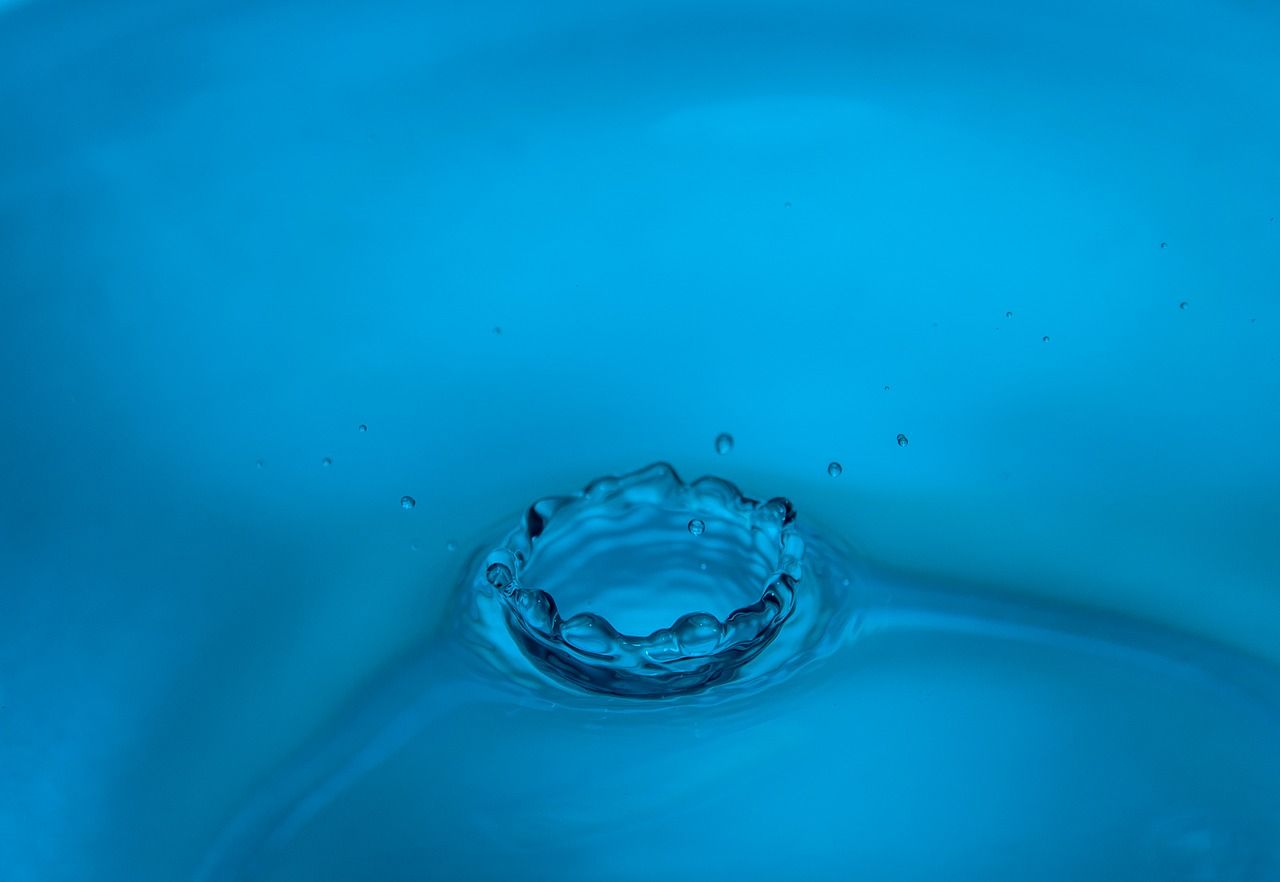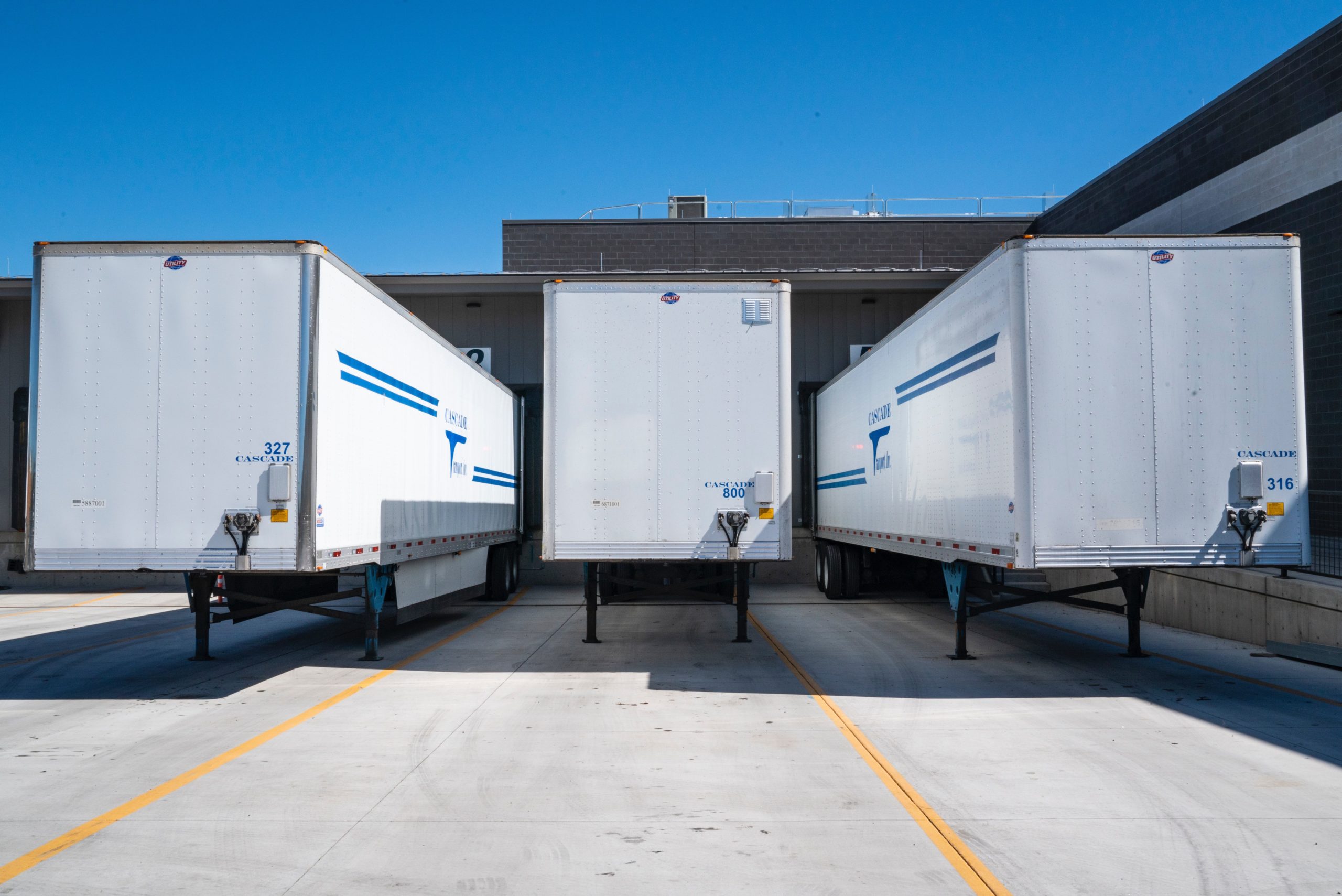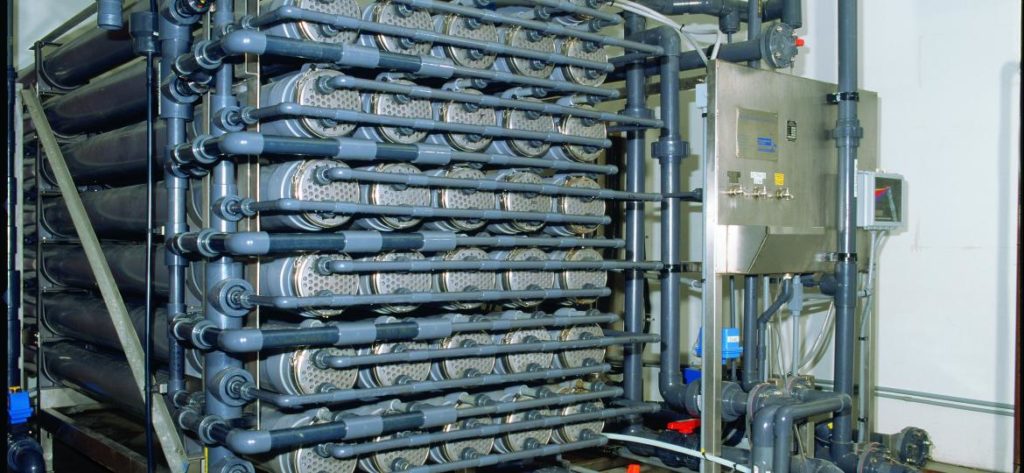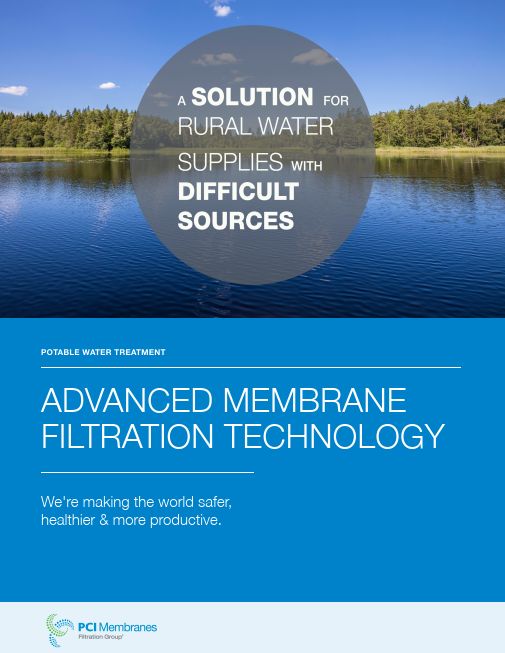
Water Treatment
Tubular Membrane Water Treatment Solutions
The Fyne Process – Municipal Water Processing
The Fyne Process is a simple, single stage process that employs advanced membrane filtration technology, together with screening, post conditioning and disinfection, to treat poor quality, variable water sources for municipal drinking water supply in rural small communities of up to 1000 people. It has repeatedly been proven to provide the lowest capital, operating and hence whole life costs for small to medium sized systems, with installed plants having capacities ranging from 3m3/day to 2000m3/day. The Fyne Process is particularly suited to water sources containing carbonaceous organic colour and pathogens such as Cryptosporidium.
Advantages
The Fyne process does not require coagulants as the membranes operate at a molecular level.
Compared with Conventional treatment processes, which are:
- Delayed response to changes in raw water quality, causing process performance failure.
- Health and safety concerns for operational staff and the environment.
- Transportation issues and specialist on-site handling and storage requirements.
- Production of chemical bearing sludge, requiring costly removal re-processing and disposal.
✓ Cost saving (lower chemical costs, waste disposal costs, operating and maintanance costs)
✓ Does NOT generate sludge and maintains a high quality of treated water in spite of both sudden and substantial changes in raw water quality
Does NOT generate sludge and maintains a high quality of treated water in spite of both sudden and substantial changes in raw water quality.
Applications
The Fyne Process provides a filtration barrier to the following contaminants (amongst others):
- Organic carbon – the principal pre-cursor of disinfection by-products (e.g. carcinogenic THMs)
- Pathogens – including bacteria, protozoan cysts (e.g. Cryptosporidium) and viruses
- Metals – including iron, aluminium and manganese
- Turbidity – Suspended Solids and algae.
The process has been verified under the US Environmental Protection Agency’s “Environmental Technology Verification” program, approved by the UK’s Drinking Water Inspectorate and approved by the Scottish Executive.

Package Membrane Plants
Package Membrane Plants
PCI innovatively introduced Package Membrane Plants (PMPs) for the Fyne process, offering the following features:
✓ Reduced costs and delivery times
✓ Performance testing prior to shipping – minimising on-site commissioning
✓ Application of single phase electrical supplies as power sources for smaller sites – easing installation in remote locations
✓ Minimal footprint
As the PMPs are supplied as complete treatment processes incorporating all the necessary peripheral items, they simply require positioning within a building and connection to services before final performance validation. Full instrumentation can be incorporated to enable unattended monitoring and limited site attendance. Custom engineered plants are offered for larger capacities and/or specific customer requirements.

Tubular Membrane Filtration Technology
Tubular Membrane Filtration Technology
PCI ‘s C10 tubular series modules and their 12mm diameter tubular membranes – against Spirals (0.8mm) or hollow fibre (1.2mm) – are used in the Fyne process due to their ability to handle suspended solids without blocking. The tubular membranes retain contaminants on the raw water side and allow potable water to permeate through the membrane. The deposition of impurities upon the membrane’s surface is minimised by maintaining a high crossflow velocity using a partial re-cycle flow, thereby sustaining high filtration efficiencies. As the process’ waste stream is simply concentrated raw water, there are no environmental concerns to prevent the return of the concentrated waste stream back to the local water course.

Membrane Cleaning
Membrane Cleaning
The membranes are routinely cleaned using a mechanical pigging technique employing natural foam rubber balls. The foam ball cleaning of a membrane was developed by PCI as a way to simplify the cleaning process as well as helping to reduce overhead costs. The mechanical pigging technique can be automated, thereby reducing operators attendance and costs as well as minimising chemical consumption and waste disposal. This innovative technique affords lower chemical costs per year.
After a predetermined operational time the plant’s flow direction is automatically reversed, causing the balls to be passed along the length of the membrane tubes and scouring the accumulated deposits from the membrane surface. The removed deposits are discharged via the waste stream to the local water course.
This unique feature makes the Fyne Process more environmentally sensitive than all conventional treatment alternatives. Although a number of disposal options are available to the Water Authority, waste disposal issues are site specific and require consent from the appropriate environmental authority. As the process’ waste stream is simply concentrated raw water, there are no environmental concerns to prevent the return of the concentrated waste stream back to the local water course.
The membrane treatment plants provide a robust and reliable treatment process for use in remote locations, which require little to no operator input. Operator input is required to monitor the plant, batch-up chemicals, take regular samples and on occasion chemically clean the membranes.
The biggest difference for the operator is in the number of required facility visits. The saving to be gained is even greater for the most remote sites, where operators spend significant amounts of time traveling between treatment works. An additional benefit, is that overhead costs are lowered with the number of water quality failures being reduced, allowing staff to go about their normal duties. PCI have also extended their membrane life guarantees from the 1 year period offered on the early plants to 3-5 years offered on the more recent plants, reducing the overall membrane plant OPEX. Experiences in Scotland and other countries show that some membrane plants have benefited from significantly longer membrane life than the increased guaranteed life of 3-5 years, which will further reduce operating costs.
Click here for more Water Treatment Solutions
Related Products

C10 Series Tubular Membrane Modules
The C10 module provides economic use of a wide range of proven tubular UF and NF membranes and expands PCI’s range of tubular modules.

